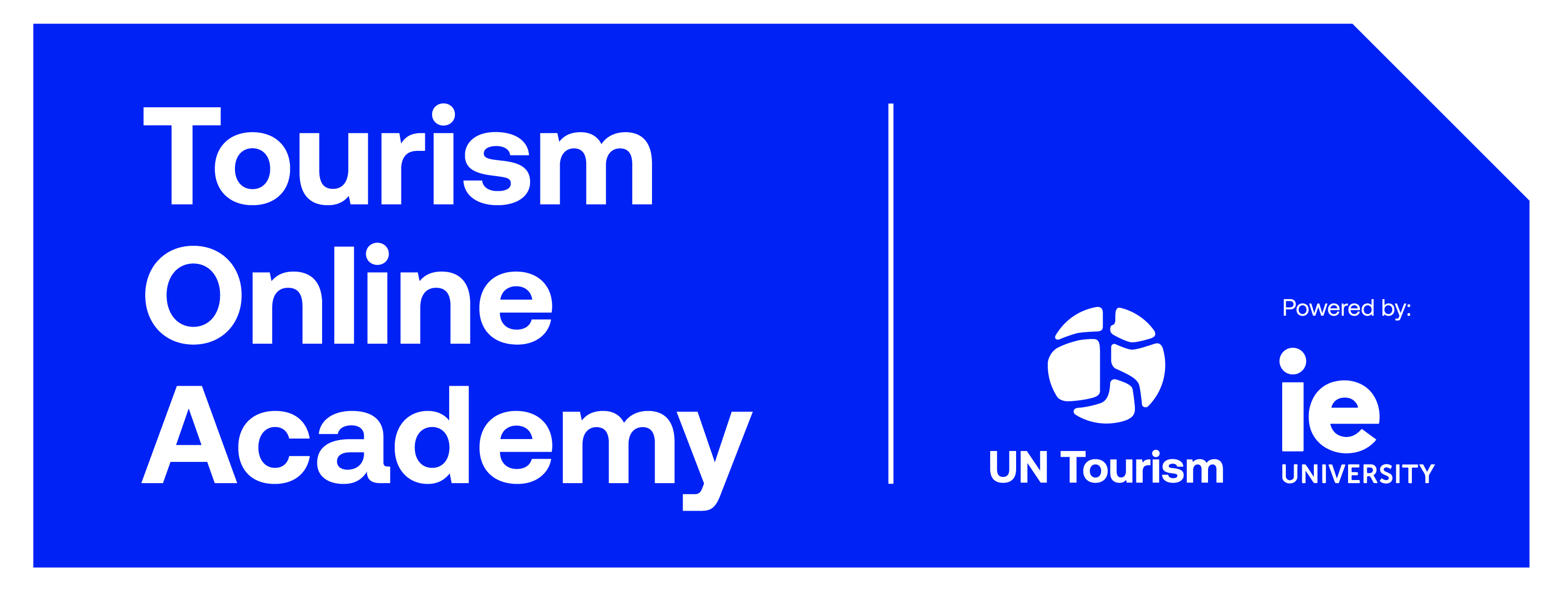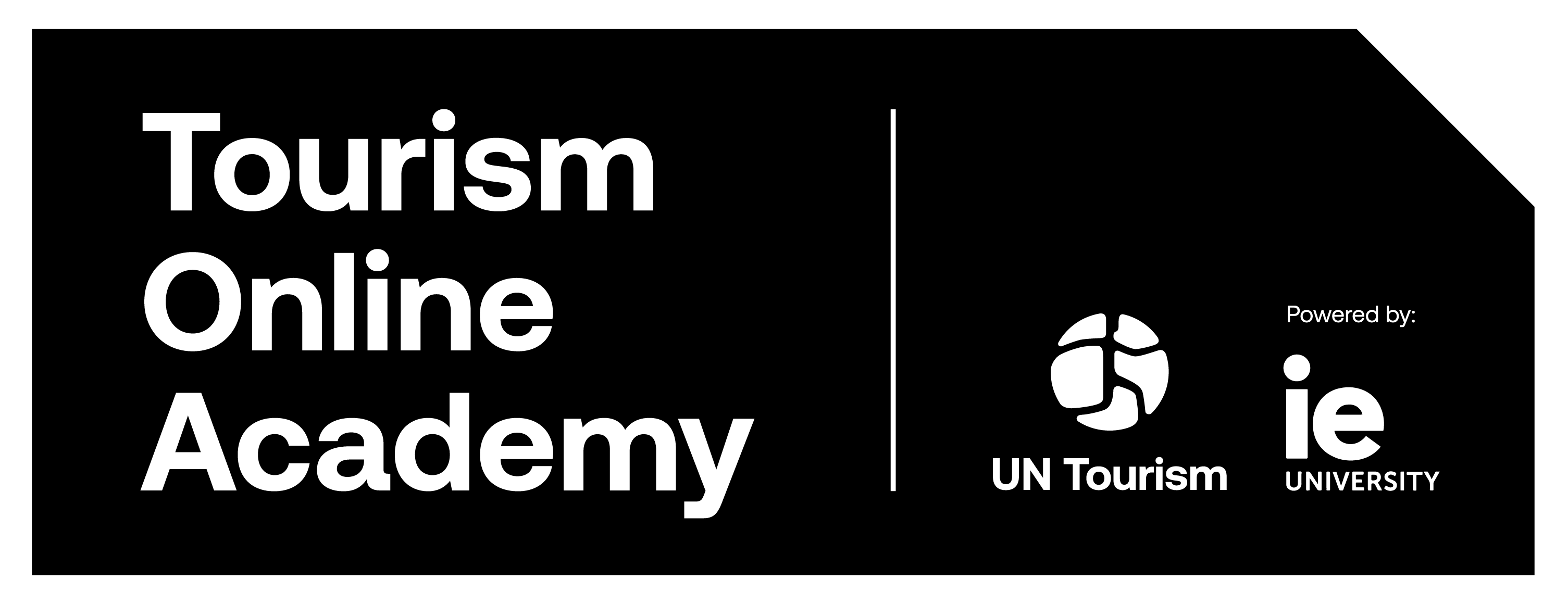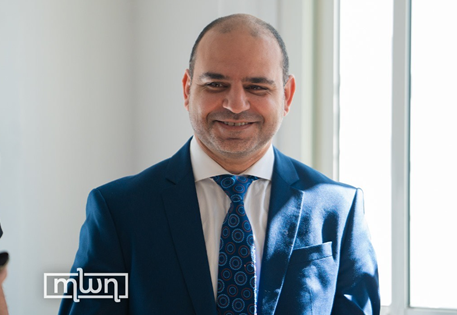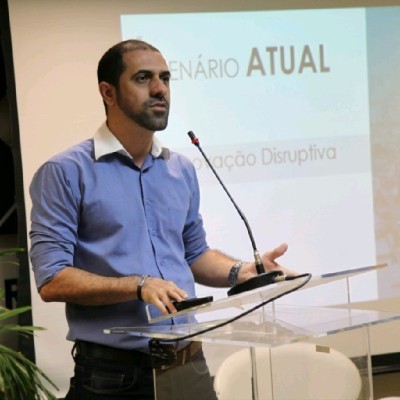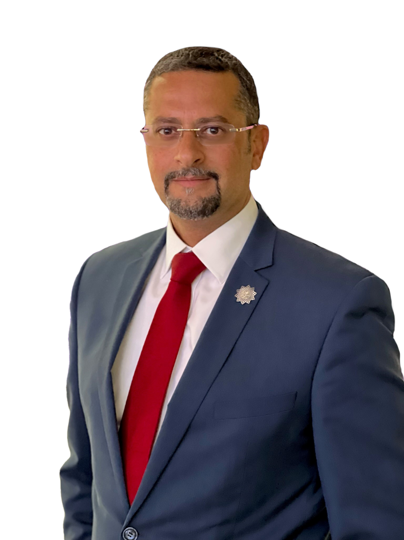Integrating tourism and hospitality curricula in high schools with AHLEI
The American Hotel and Lodging Educational Institute (AHLEI) established in 1953, is one of the foremost certifying bodies and publishers of quality resources to train, develop, and certify hospitality industry professionals globally. AHLEI is also committed to supporting the education of those just starting to pursue their careers, the next generation of hospitality and tourism leaders, innovators and champions!
AHLEI conducted extensive Gen Z research prior to creating our newest curricula. These results also influenced the new Education Toolkit, created in partnership with UN Tourism for the incorporation of tourism as a subject in high schools.
Young people who are excited about creating great experiences, meeting new people, making a positive impact on their communities and growing in their careers are increasingly drawn to the hospitality industry.
Why Introduce Tourism and Hospitality to School-Age Students?
AHLEI’s research pointed to some intriguing findings. Students are making decisions increasingly early about the career they want to pursue but many don’t consider hospitality. Why? Because of preconceived notions about the opportunities available to them. Additional findings include:
- Gen Z students are very practical. They are looking for a return on their educational investments. The more we can educate them about career growth and earning potential, the more they will start thinking seriously about tourism and hospitality as a career choice.
- Gen Z students prioritize feeling proud of what they do and where they work. They are motivated by exciting and interesting careers, Instagram-worthy experiences, and the positive impact the hospitality industry has on communities and economies.
- Gen Z is interested in inclusivity and in the freedom to be who they are. Hospitality is an amazing industry that encourages guests and employees alike to be their authentic selves.
AHLEI hears from our industry partners that while some young people may not be as skilled at test-taking or formal education, if they have great interpersonal skills, positive energy and good problem-solving instincts, there is a home for them in the hospitality industry. There are excellent opportunities for anyone with these qualities who is willing to work hard and learn.
Thus, in our new curriculum we emphasized relevance in the real world, encouraging exploration and practice through inquiry-based and problem-solving activities, and engaging students through our design choices, narrative voice, and multimedia resources. Let’s explore our newest resources.
Implementing the HTM Curriculum
The AHLEI high school curriculum, Hospitality and Tourism Management provides an engaging comprehensive exploration of different segments within the industry and the career paths in each.
This article includes:
- Implementation of the curriculum including organization, coverage and educator support
- Key themes and learning objectives of the text
- Endorsement by the U.S. hotel and lodging industry
- Testimonials from international partners
The AHLEI authoring and instructional design teams place a high priority on creating relevant, accurate, up to date and industry-driven content. Passive memorization is not the goal. Our materials are designed to help students think and do! There are elements incorporated regularly throughout learning and teacher resource materials designed to prompt student output and higher levels of learning.
Organization
Hospitality & Tourism Management is a single-volume textbook that can be aligned with any length program, though it is most often used alongside one- or two-year programs. The text is broken into modular units covering each segment of the industry. Each unit is comprised of self-contained chapters that dive deeper into skills and concepts. Optional activities, case studies and projects offer more rigor and application if desired. This modular approach along with helpful pacing guides allow educators to easily align the curriculum with the preferred order and structure of their program.
Coverage
Hospitality is a huge and varied industry and the HTM curriculum includes a comprehensive overview of lodging and hotels, food and beverage operations, event management, travel and tourism. Coverage includes an overview of each segment, organizational structure and career paths, key roles and responsibilities. Opening chapters highlight the importance of the role of the industry and introduce students to core concepts and skills around providing excellent guest service. Closing chapters focus on business and leadership concepts like marketing, finance and entrepreneurship.
The coverage in HTM is based on input from dozens of industry professionals, teachers and subject matter experts for a relevant contemporary take on hospitality education with both practical and aspirational applications.
Teacher Support
The online teacher resource portal for Hospitality & Tourism Management includes a wealth of supplementary materials to help educators deliver the content to their students. The Teacher’s Companion includes notes, additional activities and discussion questions as well as organizational tools and engaging videos summarizing the main concepts in each chapter. Test Banks, Power Points, Instructor activity guide and lesson plan tools are also available to make class prep easy.
AHLEI also offers The Certified Hospitality Instructor (CHI) Program, a self-paced training course to help educators without an industry background effectively teach content in these areas. In addition to the course and exam, candidates for the CHI must also complete 120 hours of internship with a hospitality organization.
Hospitality and Tourism Specialist Credential
The HTM curriculum prepares students to earn their Hospitality Tourism Specialist credential from the American Hotel & Lodging Association, (AHLA), today the largest trade hotel association in the U.S. with 32,000 hotel members. Endorsed by some of the premier hospitality brands in the world, the HTS credential demonstrates student mastery of industry concepts. Students may earn the credential upon passing the AHLEI HTS exam and showing 100 hours of work experience in a hospitality role.
Assessment and credentialling is a large part of our program development. Credentials serve as a “passport” for students leaving the classroom, demonstrating the mastery that they achieved and using it as an entry into jobs within any segment of the industry.
Key Themes and Learning Objectives
Career Readiness and Technical Skills
One of the key themes throughout Hospitality and Tourism Management is that hospitality is a business, and a mastery of both technical and “soft” skills will open endless possibilities for career advancement. Operational and managerial topics as well as key math concepts are introduced in each unit. In addition, the text focuses on career readiness skills like written and verbal communication, problem-solving and teamwork, all in the context of a hospitality workplace.
Global Awareness
Hospitality is a global industry, supporting local economies and bringing together people from around the world. Global awareness and appreciation of and respect for different cultures is another core theme featured throughout. The text features international examples, discussions of cultural awareness, and coverage of cultural and operational differences in different countries.
Application
Throughout the text are scenarios, case studies, projects, activities, discussion questions and more, all designed for learners to immediately apply what they are learning, even from within the classroom. This presentation maximizes student engagement, understanding and retention of key concepts.
Endorsements and Formal Recognition
Hospitality and Tourism Management Second Edition is recognized by leaders in the U.S. hotel and lodging industry, including:
- Marriott International
- BF Saul Company Hospitality Group
- Hilton
- G6 Hospitality LLC
- RRI West Management
- Real Hospitality Group
- Mid-Continent Hospitality
- Sonesta
- TradeWinds Island Resorts
These industry leaders appreciate that HTM Second Edition highlights the knowledge and skills that hospitality leaders look for in their employees today. HTM program completion, along with the HTS credential, fully prepares a learner to be a high-potential candidate for entry-level positions with the experience needed to bring value to the industry and grow in their careers.
Expand Your Horizons with HTM
The second edition of HTM offers learners a global perspective of the industry, its opportunities and its impact on the world.
Two of AHLEI’s valued governmental partners, and UNWTO member states, share the positive impact the HTM program can have on a national tourism industry below.
Jamaica’s Minister of Tourism, Hon. Edmund Bartlett, CD, MP., states:
“The Hospitality and Tourism Management Program has been a game-changer for Jamaica’s tourism industry and our nation. We have witnessed remarkable transformations through this innovative program in partnership with the esteemed American Hotel and Lodging Educational Institute (AHLEI). Our students now have the opportunity to acquire certification from AHLEI and an Associate Degree in Customer Service, equipping them with the skills and expertise needed to excel in the hospitality
sector. Since its introduction in select high schools in September 2018, the HTM Program has ushered in a new era of professionalism and excellence in our tourism sector. We have witnessed a significant upskilling among our youth, creating a more competent and dedicated workforce prepared to deliver exceptional service. I am incredibly proud of the hard work and dedication put forth by our students, schools, and industry partners who have embraced the HTM Program. Together, we are shaping a brighter future for Jamaica that empowers our youth and ensures our country remains a premier global
destination for years to come.”
Ms. Janet Forbes-Dean, Subject Coordinator for Family and Consumer Science Education at Jack Hayward Senior High School in Grand Bahama, says:
“The high school students at the Jack Hayward Senior High School have attained numerous AHLEI International Certifications over the past thirteen (13) years. These certifications are our core examination. There is no Bahamas General Certificate of Secondary Education (B.G.C.S.E.) national examination for hospitality students. AHLEI’s program is awesome. We have former and current students who received one or more certifications in Kitchen Cook, Breakfast Attendant, Front Desk Attendant, HTMP Year 1, Restaurant Server, START, Golden Opportunities, Guest Service Gold, and Golden Opportunities Tourism. These certifications along with the high school Hospitality and Tourism Curriculum are essential for students who are desirous of continuing a career in Hospitality.”
Get Started Today with AHLEI’s Hospitality & Tourism Program
We can’t wait to help you get started. Learn more here.
For further questions, contact Ed Kastli, Channel Vice President of International Sales, at ekastli@ahlei.org.

